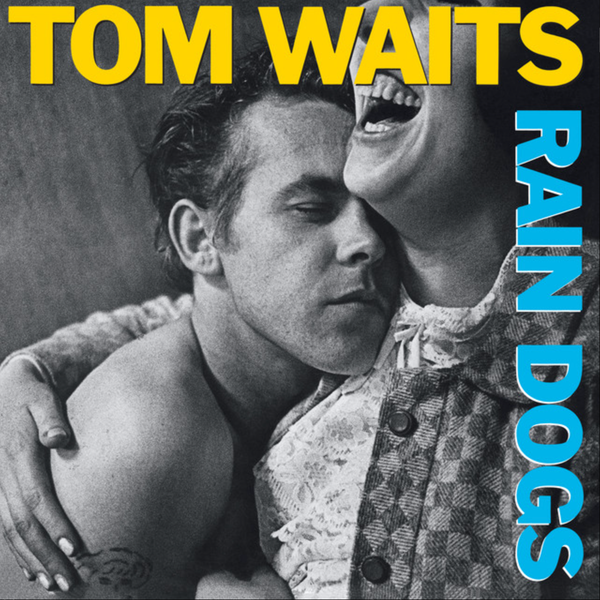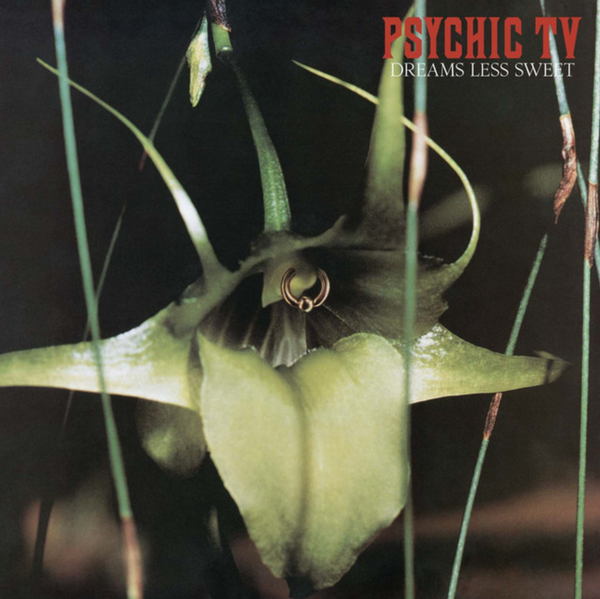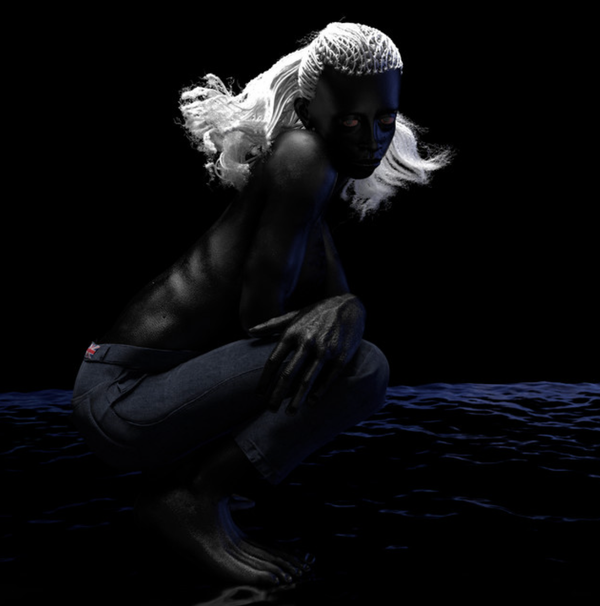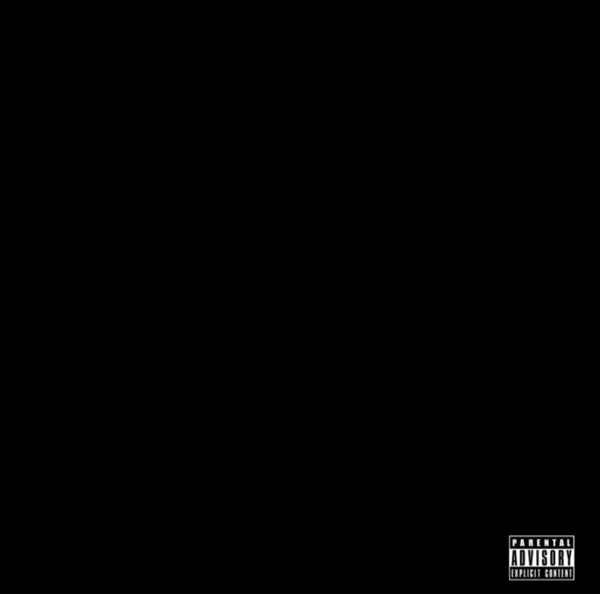June 7, 2025 1 minute read
Phew
In 1981, Japanese musician Phew made a record with members of Can in a Cologne studio known for birthing sonic oddities. The result is stark, hypnotic and unlike anything else.
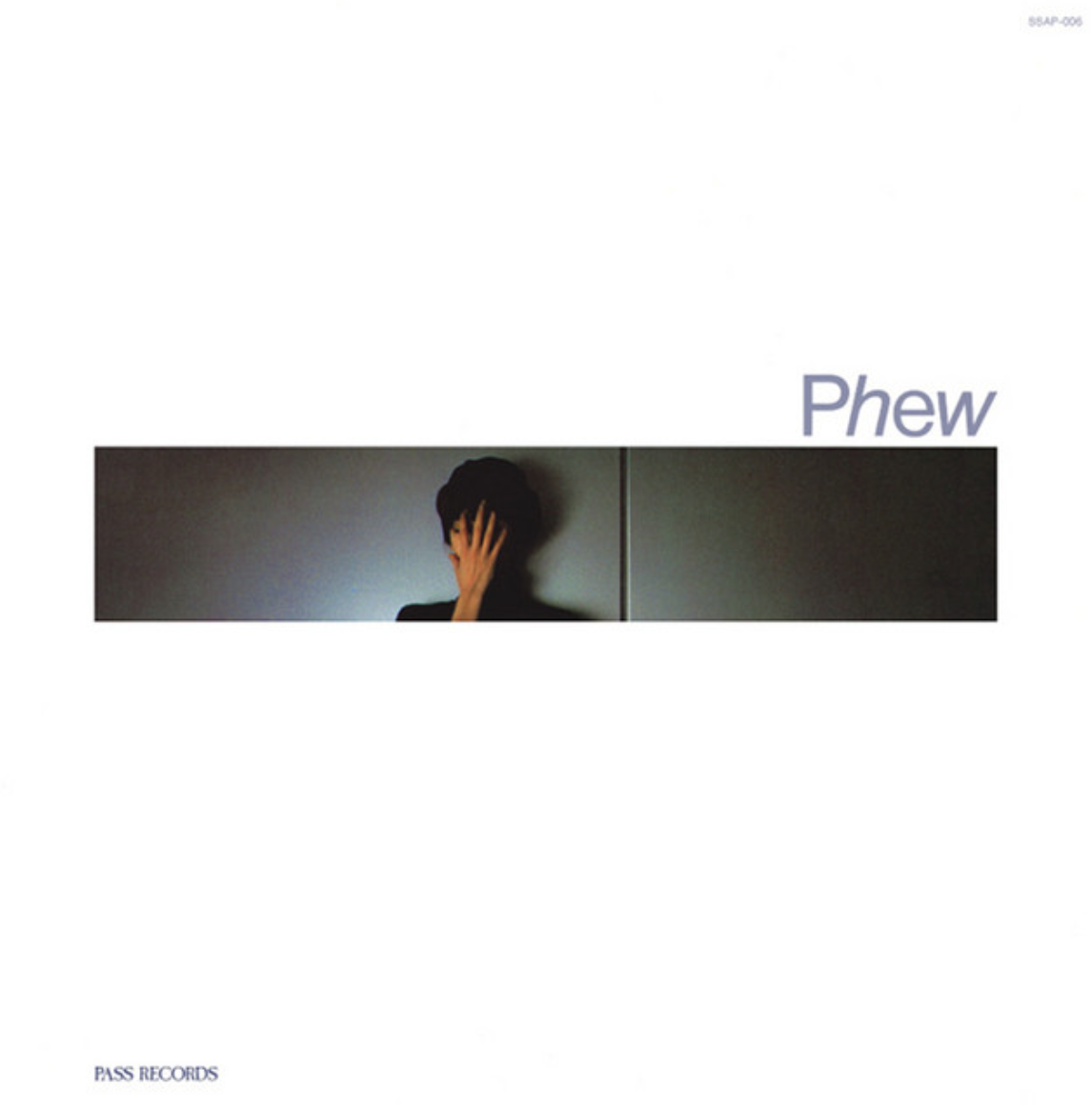
This post is for subscribers only
Sign up now to read the post and get access to the full library of posts for subscribers only.
Sign up now Already have an account? Sign in
